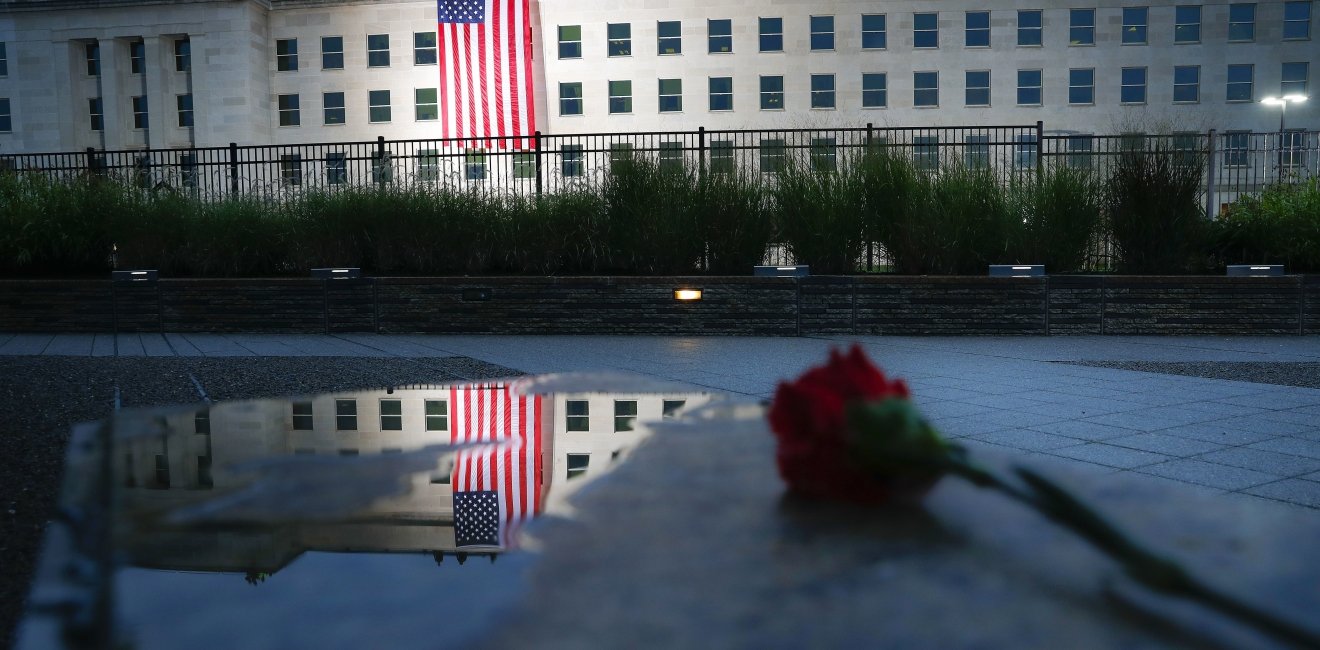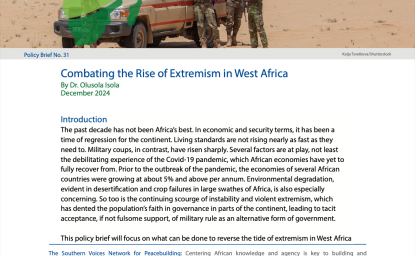9/11 is always a somber day: Names read at the stunning memorial at Ground Zero, bells tolling, commemorative events at the Pentagon and at Shanksville, Pa., which early today was the site of a poignant speech by President Trump.
But memory needs to be more. We must never forgive the heinous acts perpetrated by the hijackers and their handlers. Or fail to protect our country from another catastrophic attack — which has not happened in the 17 years since that fateful Tuesday, thanks to the vigilance of Department of Homeland Security officials, first responders, and ordinary citizens.
Memory must also include a clear-eyed assessment of what we got right and what we got wrong, and the lessons we must learn. In hindsight, we had a stunning opportunity in the days following 9/11 to unify our country and to repair frayed relationships with many countries in the world. As co-chair of the special House Intelligence Subcommittee on Terrorism (with then-Representative and later Senator Saxby Chambliss), I proudly stood arm-in-arm with colleagues on the steps of the Capitol, singing “God Bless America.”
Our country was attacked, and no one tried to play party advantage. Enactment of the Authorization to Use Military Force to go after those who attacked us, then harbored in Afghanistan, was virtually unanimous.
Every country in the world — including Cuba and Iran, with whom we had no diplomatic relations — expressed solidarity and sympathy. Cuba offered its air facilities as places where planes headed to the U.S. could land; NATO invoked Article V, the collective defense provision, for the first time in its history. For a fleeting moment, the world and U.S. politics aligned. What if that alignment had been embraced by U.S. leaders on a bipartisan basis — and a unified, multifaceted strategy had been pursued?
We used their playbook when we had the means to defeat their idea with our better idea: what America stands for. Rule of law. Generosity of spirit. Inclusiveness. Respect. What if we had tried that?
Instead, a world coalition was spurned, and many of the policies pursued in the first term of President George W. Bush were justified on the basis of his emergency powers as commander in chief, not developed in collaboration with Congress or our allies.
The prison at Guantanamo Bay was set up to be outside the reach of U.S. law. The Geneva Convention rules were largely ignored for the treatment of prisoners. Labels were developed, including “Axis of Evil” and GWOT (Global War on Terror), which lumped together countries and tactics, and created new enemies.
America displayed her impressive hard-power might — forgetting that those who attacked us did so based on a cruel distortion of what the West is and what their Muslim religion dictates. We used their playbook when we had the means to defeat their idea with our better idea: what America stands for. Rule of law. Generosity of spirit. Inclusiveness. Respect. What if we had tried that?
Crucial opportunities to ease relations with adversaries like Cuba, by loosening the embargo, or opening counterterrorism dialogue with Iran, were never embraced. In the new foreign policy, old enemies became hidden enemies and regime change became imperative to restoring liberty. But the invasion of Iraq (which I supported, based on flawed intelligence) created no lasting peace, and war-torn Afghanistan remains a boot camp for terror organizations.
Would America’s values, displayed vividly through the use of our soft power, have helped defeat extremism without the huge expenditure of treasure and human life?
Eased relations with adversaries may have led to trade openings, stabilizing regional economies, and dampening the appeal of extremism. Hard-power actions were still necessary to defeat terror, but making dialogue the first step may have maximized the utility of those efforts. In Iran, for example, offering a diplomatic window may have decreased its malign behavior.
In his second inaugural speech in 2005, President Bush said our liberty is indeed dependent on liberty in other lands. Would Iran, Syria, and Libya have embraced liberty? Would both political parties have seen their roles differently? Would America’s values, displayed vividly through the use of our soft power, have helped defeat extremism without the huge expenditure of treasure and human life?
What if? And what if, instead of close to two decades focused on counterterrorism, America’s agenda focused on transforming the nature of work, generating fiscally responsible budgets, curing cancer, and exploring the heavens? What if we celebrated progress in those areas while also remembering the heroes who didn’t live to see it? What if?
This article was originally published in The Hill.







